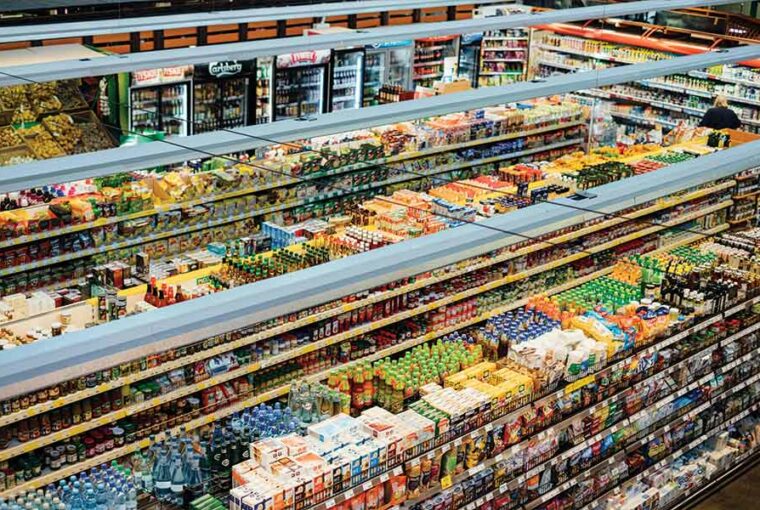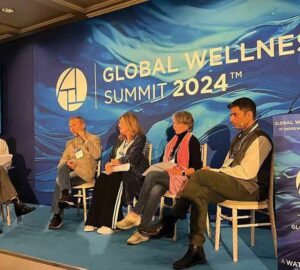According to Monthly Economic Survey, the sales of Fast Moving Consumer Goods (FMCG) has seen a jump in rural parts of India, mainly due to a rise in three-wheeler and tractor sales, but the urban India sales have dropped, from 10.1% in Q1 FY24 to 2.8% in Q1 FY25.
The auto sales in cities decreased in the first half of the year by 2.3% due to a slump in sales in Q2 of FY 25 versus Q2 FY 24. In fact, even housing sales have dropped in Q2 of FY 25. This decline could be due to lower consumer spending, seasonal spending choices where people avoid new buys, and above-normal rainfall. The situation might improve with the ongoing festive season and changes in consumer sentiment. However, there aren’t promising indicators yet.
Also Read: Clarins Unveils the All-New Double Serum Generation 9
Companies like HUL, whose performance is seen as a parameter for the larger consumer sentiment, saw a disappointing performance in the quarter to September with 2% rise in revenues, 3% hike in volumes, and a 4% fall in profit. Their net sales increased by a meagre 3%, while the net profit gorwth and operating marging did not change.The company did not spend much on advertising in the quarter and high material cost also restricted the margins.
Nestle, another giant in the FMCG sector, saw a 0.94% annual decline in net profit in the July-September quarter due to high commodity prices and softer demand. A year ago they had recorded Rs 908.08 crore in net profit. For Reliance Retail revenues dropped 3.5% in the second quarter due to low demand in the fashion and lifestyle segment and their approach to enhance their wholesale business. This is the first time after the pandemic that the company has seen a decline in revenues.
Also Read: TRESemme Introduces the New Lamellar Gloss Range With Brand Ambassador Ananya Pandey
Overall, the FMCG sector saw a moderate 5% annual growth in September with North India reporting a 7% growth, South and West recording a 5% hike and the East only saw a 4% growth.







